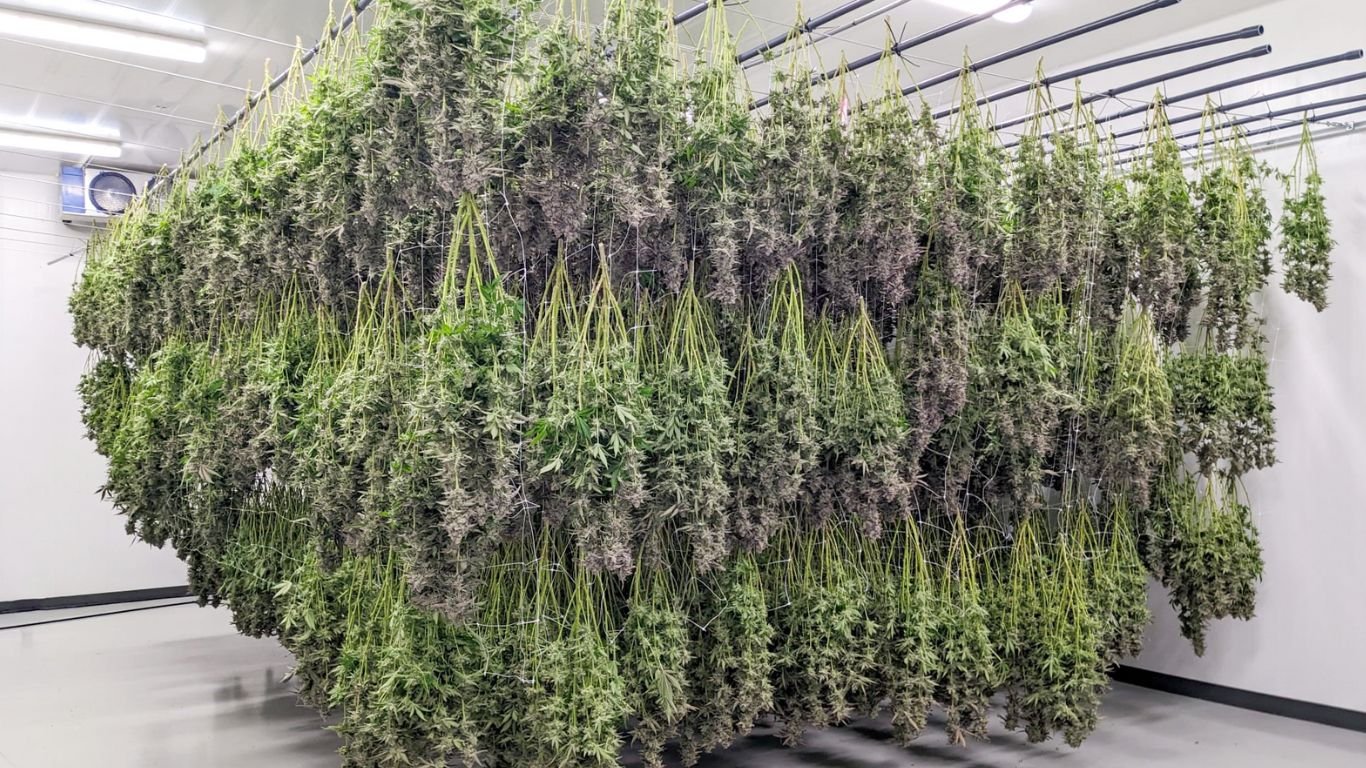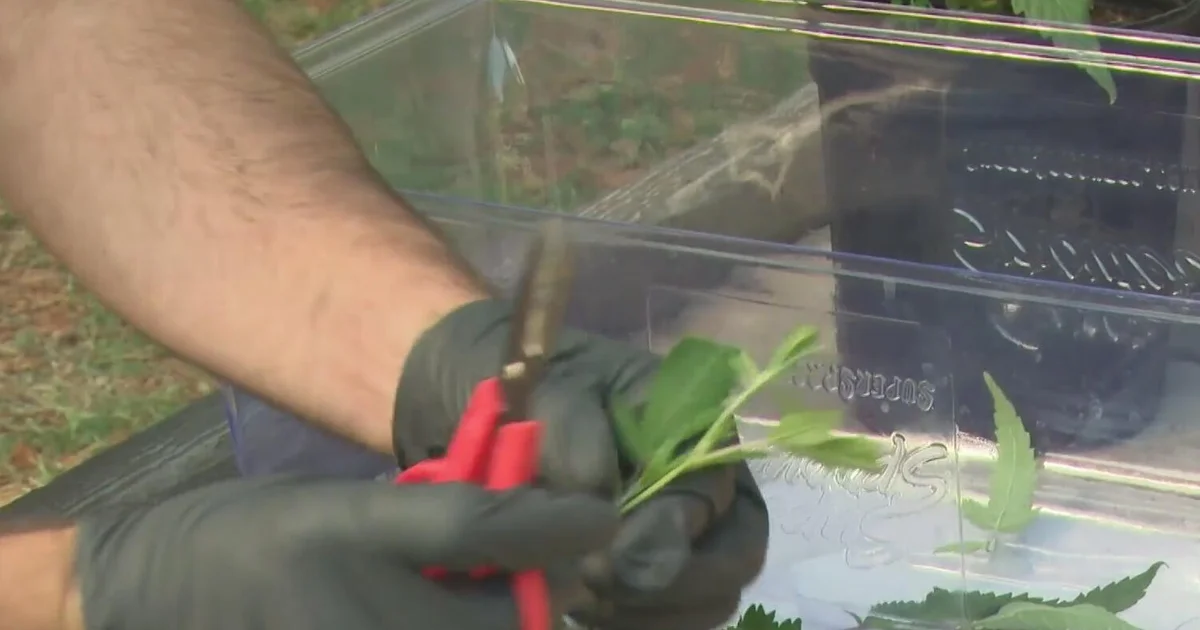LANSING – Brian Hanna, Executive Director of the Cannabis Regulatory Agency (CRA) in Michigan, informed state lawmakers this week that the cannabis industry is facing severe challenges. He cited falling prices, increased black market activity, and the rise of unregulated hemp products sold in convenience stores as key factors straining the market.
During a regulatory affairs meeting on April 23, Hanna highlighted the agency’s significant hurdles this year, including the inability to suspend licenses for serious violations and a surplus of marijuana flower that exceeds demand. He pointed out that unregulated hemp products are flooding the market, further complicating the landscape for licensed dispensaries.
“This is a very challenging environment not only for licensees and stakeholders but for the regulatory agency as well,” Hanna stated.
**Pricing Pressures Impacting Cannabis Businesses**
Michigan’s recreational cannabis market, which has been operational for five years, is experiencing a notable decline in prices. As of March, the average retail cost for an ounce of recreational marijuana flower had dropped to $65.14, marking a 28% decrease compared to the same month last year. This trend of declining prices has been ongoing since the market’s inception.
State Senator Dayna Polehanki inquired about potential solutions to these issues. Hanna suggested closing a loophole that prevents the CRA from possessing cannabis, despite plans to establish a state-run testing lab. He also called for revisions to the regulations governing hemp products.
When asked how he envisions the industry in five years, Hanna anticipated further consolidation. He noted that because cannabis remains illegal at the federal level, companies cannot file for bankruptcy or claim federal tax exemptions. “If you lose, you lose. People’s life savings are on the line,” he emphasized, warning that without legislative changes, many smaller businesses will likely fail.
Following Hanna’s statements, Robin Schneider, Executive Director of the Michigan Cannabis Industry Association, expressed concern over marijuana growers who have invested heavily in their businesses yet are facing financial ruin due to plummeting prices and illicit competition.
**Sales Trends in Michigan’s Cannabis Market**
Despite these challenges, Michigan’s licensed cannabis retailers reported a cumulative total of over $10.2 billion in adult-use cannabis sales since the market opened in December 2019. In December 2024 alone, retailers sold $264.7 million in legal cannabis, pushing total annual sales for 2024 to $3.27 billion, a 9.9% increase from 2023.
However, December 2024 marked the first time in the state’s five-year history that retail sales did not set a new record for that month. The previous December figures were $276.7 million, with the average monthly sales for 2024 being $272.7 million.
Year-over-year growth in Michigan’s adult-use cannabis market is showing signs of slowing. The 9.9% increase in sales for 2024 follows much higher growth rates of 46% in 2023 and 55% in 2022. The decrease in growth is largely attributed to falling prices, with the average price for adult-use flower reaching an all-time low of $69.20 per ounce in December.
For the entire year of 2024, the average price for cannabis flower was $82.50, down 10.3% from $92 per ounce in 2023 and 35% from $128 per ounce in 2022. Despite these price declines, Michigan retailers sold over 1.1 million pounds of adult-use cannabis flower in 2024, a 17% increase from 2023 and more than double the 522,800 pounds sold in 2022.
**Market Outlook and Inventory Challenges**
The first quarter of 2025 saw cannabis sales rebound to $276.95 million in March, a 14.5% increase from February, with flower sales driving the growth. However, year-over-year sales remain down by nearly $26.5 million, indicating that the market may have peaked at around $3.3 billion in 2024. If this trend continues, projections suggest that sales could drop to $2.94 billion, the lowest since legal sales began.
April sales could improve due to 420 celebrations, a time when cannabis enthusiasts typically purchase more products. However, the industry is still grappling with excess inventory. As of March 31, growers and processors had 1.47 million pounds of fresh frozen marijuana flower in stock, which is significantly higher than last year’s figures.
In March, the CRA issued 35 prequalifications, primarily for growers, alongside nine new grower licenses and seven processor licenses. However, only eight new retail licenses were granted, indicating a cautious approach to expanding the market in light of current challenges.



